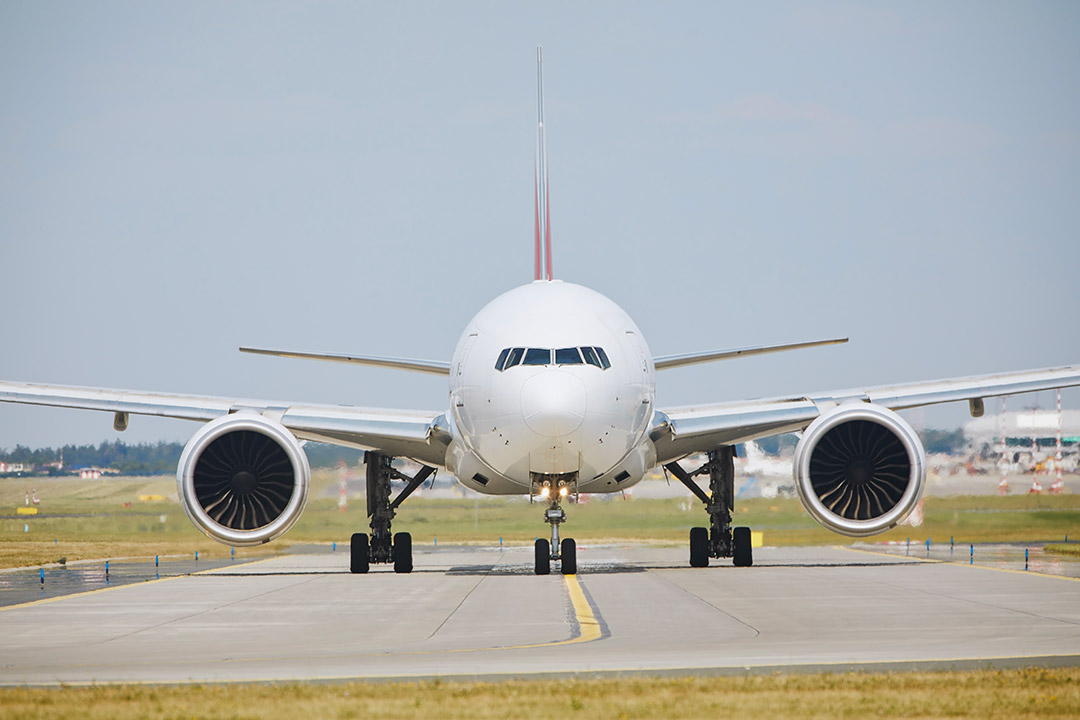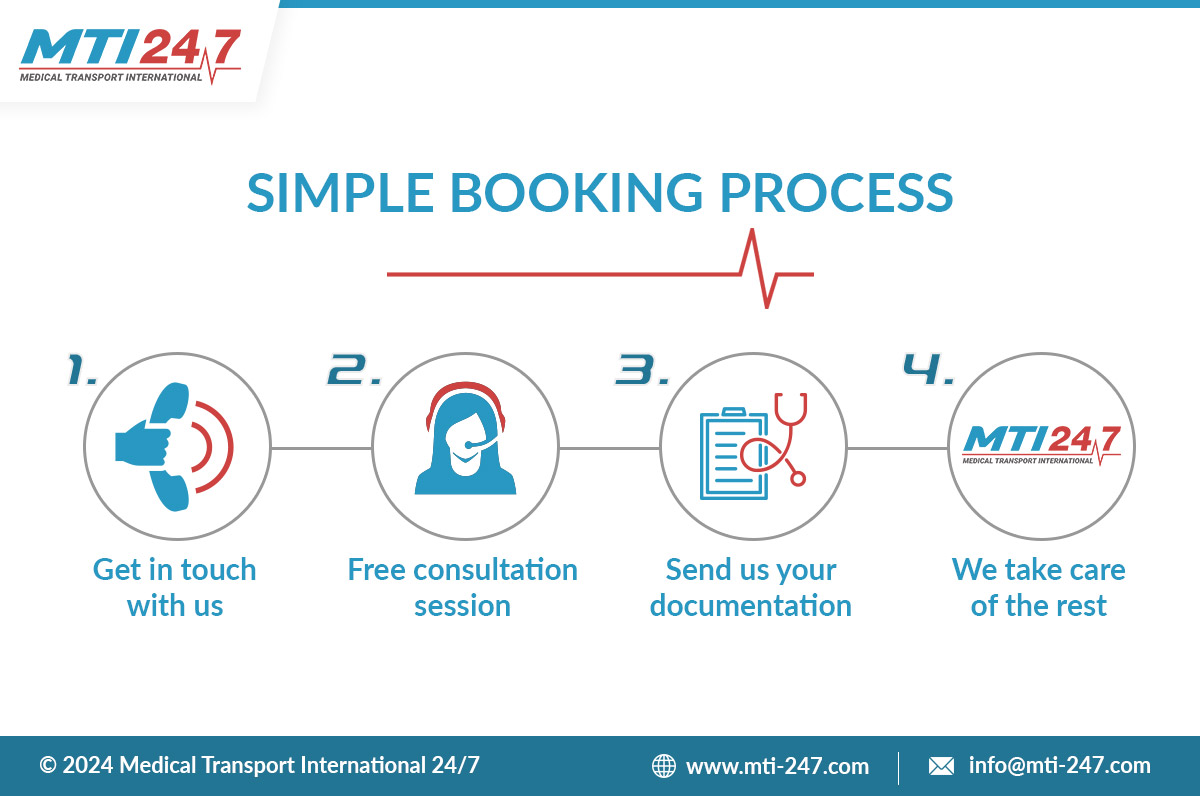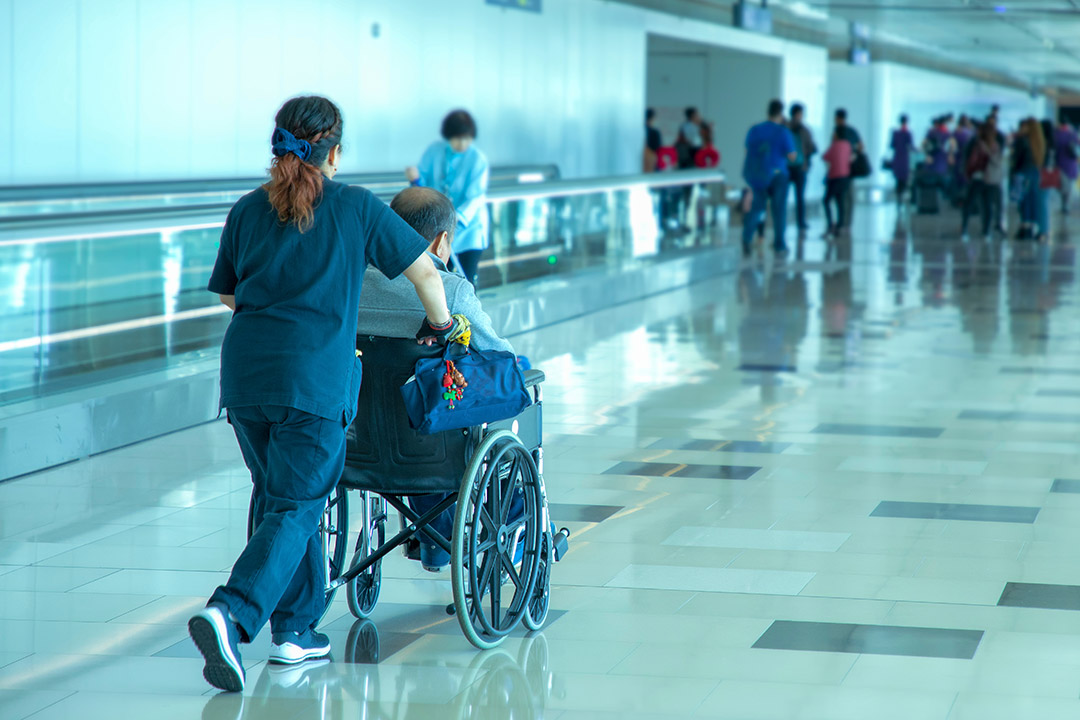For those dependent on oxygen, travel is not just challenging—it is a critical medical concern. Whether you are seeking specialized treatment or facing an urgent family matter, your need for continuous oxygen support does not pause. This article guides you through arranging safe medical transport with oxygen. We will cover essential aspects from pre-travel medical evaluation to choosing appropriate oxygen-equipped transport and ensuring uninterrupted supply. With proper planning and professional support, necessary travel becomes possible for oxygen-dependent individuals, minimizing risks while meeting your needs.
How to travel safely with supplemental oxygen?
Supplemental oxygen is a treatment that helps people breathe better. It comes in various forms, such as compressed oxygen tanks, liquid oxygen systems, and oxygen concentrators.
Passengers can carry certain types of supplemental oxygen devices on commercial flights, such as FAA-approved portable oxygen concentrators (POCs). However, oxygen tanks and liquid oxygen systems are generally prohibited due to safety concerns.
Our air ambulances are specially equipped to safely transport patients who require supplemental oxygen, with measures such as on-board oxygen systems, and the ability to fly at lower altitudes to maintain optimal oxygen levels.
What is supplemental oxygen?
If you need a little extra help getting enough oxygen into your body, supplemental oxygen might be just what your doctor prescribed. Also called oxygen therapy or extra oxygen support, this medical treatment makes sure you are getting the right amount of oxygen to keep your body working the way it should.
What are the different types of oxygen therapy?
There are a few different ways you can get that extra oxygen boost, depending on what works best for you:
Compressed oxygen tanks: These are portable cylinders filled with pressurized oxygen. You can carry them around with you and use a regulator and nasal cannula or mask to breathe in the oxygen.
Liquid oxygen systems: With this method, oxygen is stored as a liquid and then turned into a gas when you need to breathe it in.
Portable oxygen concentrators: These devices pull in air from the room, filter out the other gasses, and give you a steady stream of pure oxygen to breathe.
What medical conditions require supplemental oxygen?
If you are finding it harder to catch your breath lately, it might be because of a medical condition that is making it tough for your body to get the oxygen it needs. There are a few common health problems that can lead to needing extra oxygen:
COPD (Chronic Obstructive Pulmonary Disease): This includes conditions like emphysema and chronic bronchitis, which make it hard for your lungs to work properly and get enough oxygen into your body.
Lung cancer: When you have tumors in your lungs, they can get in the way of your lungs absorbing oxygen like they should.
Interstitial lung disease: This is when the tissue in your lungs gets inflamed or scarred, making it harder for oxygen to pass through.
Heart failure: If your heart isn't pumping blood as well as it should, your body might not be getting enough oxygen.
Advice: If any of this sounds familiar, or if you have been feeling more tired or out of breath than usual, it is a good idea to talk to your doctor.
Do commercial airlines provide extra oxygen?
 You are planning a trip and you need supplemental oxygen, but you are not sure if the airline you want to fly with can help you out. It is a tricky situation because not all airlines have the same rules when it comes to providing extra oxygen for passengers who need it.
You are planning a trip and you need supplemental oxygen, but you are not sure if the airline you want to fly with can help you out. It is a tricky situation because not all airlines have the same rules when it comes to providing extra oxygen for passengers who need it.
Here is the lowdown on supplemental oxygen on commercial flights:
Some airlines do offer supplemental oxygen, but it's not a guarantee.
Even if an airline says they can provide extra oxygen, there might be some strings attached. They could have rules about what kind of devices you can use, or how long they'll give you oxygen during the flight.
You might need to use the airline's oxygen equipment, or they may let you bring your own if it is approved by the FAA (Federal Aviation Administration).
So, what is the best way to make sure you have got your oxygen needs covered when you are flying? It is all about planning ahead:
Call the airline way before your trip and let them know exactly what you need.
Inquire about their policies on supplemental oxygen.
If you are bringing your own device, double-check with the airline to make sure it's allowed on board.
Can you carry supplemental oxygen on a commercial flight?
If you are planning to fly and need to bring your supplemental oxygen with you, you might be wondering what types of devices are allowed on the plane. Here is what you need to know:
You can bring a portable oxygen concentrator (POC) on board with you, as long as it is approved by the FAA.
Most airlines do not allow oxygen tanks on board because they can be a safety risk. This is because they are pressurized, and could explode or catch fire if something goes wrong.
Liquid oxygen systems are also generally not permitted on commercial flights due to similar safety concerns.
Advice: When flying with a POC, always bring enough batteries to last the whole flight.
Medical escorts for oxygen-dependent travelers
Our commercial medical escorts play a vital role in ensuring the safety and well-being of oxygen-dependent travelers. These trained healthcare professionals accompany patients throughout their journey, providing continuous medical supervision. They monitor oxygen levels, adjust flow rates as needed, and respond quickly to any changes in the patient's condition. Our medical escorts are equipped to handle emergencies, administer medications, and liaise with ground medical services if required. Their presence offers peace of mind to both patients and their families, allowing for safer travel even with complex medical needs.
How can air ambulances safely transport patients needing supplemental oxygen?
When you need supplemental oxygen and have to travel for medical reasons, it can be a real challenge. Our air ambulances are fully equipped to ensure your comfort and respiratory stability throughout your journey. With us, your critical medical needs are comprehensively managed in flight, allowing you to focus on your destination - whether it is for specialized treatment or other essential travel.
Here is how our air ambulances keep you safe and well-oxygenated:
Our medical crew are trained experts in taking care of people with oxygen needs.
On board, you will find top-notch oxygen systems that can give you the perfect amount of oxygen.
Our air ambulances can fly at lower altitudes (sea-level flights). By staying closer to the ground, they can help you avoid the dips in air pressure and oxygen levels that happen way up high.
How to book medical transport with Medical Transport International 24/7?
Booking a medical transport with extra oxygen support does not have to be a headache. MTI 24/7’s friendly team is here to make the whole process a breeze.
Book with us easily:
Give us a call or fill out our online form.
Tell us about your medical needs, especially your oxygen requirements.
Let us know where you are starting from and where you need to go, plus when you would like to travel.
We will schedule a free consultation to discuss your needs in detail and answer any questions.
Our team will create a personalized care plan, including all the oxygen arrangements you need.
We will give you a clear non-binding quote for our services. No hidden fees or surprises!
Once you give us the green light, we will get everything scheduled and ready to go.

Contact us to fly safely with supplemental oxygen!
Do not let your oxygen needs ground your travel plans. Our air ambulance team is ready to provide the highest quality care and support for your supplemental oxygen requirements. Contact us today to book your personalized medical transport with confidence.
Reach us by:
Phone: USA: +1 646 335 06 83 / UK: +44 20 3608 0959
Email: info@mti-247.com
Our contact form
:quality(75))
:quality(75))
